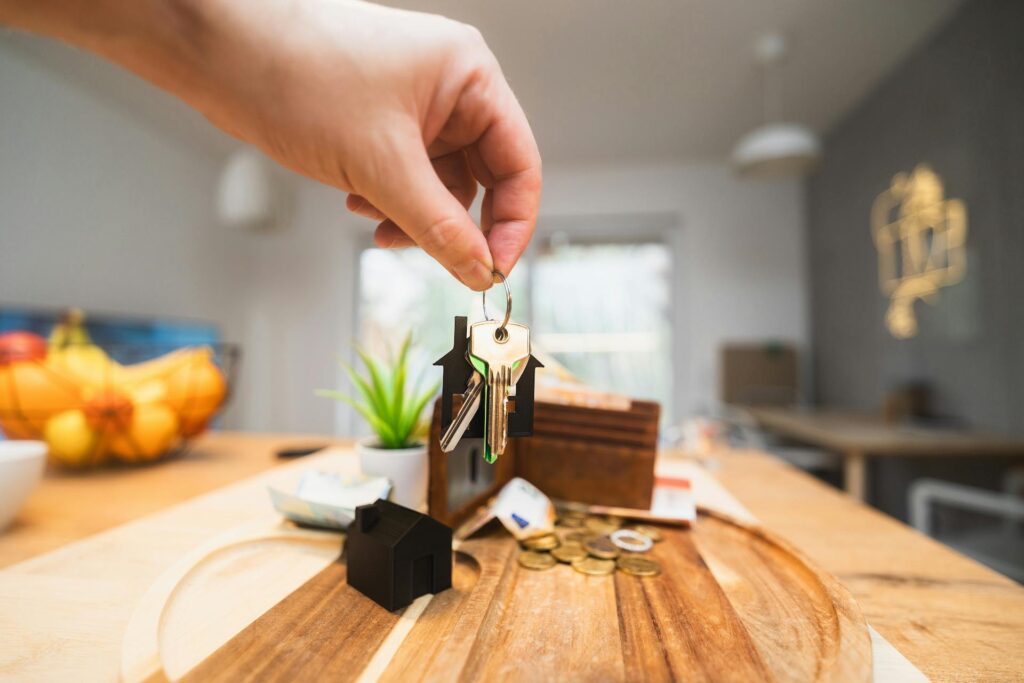Real Estate News: The Latest, Top Articles in Ontario Canada
Get the most recent real estate news and real estate trends to hit Ontario's housing industry.
Best of Real Estate Articles
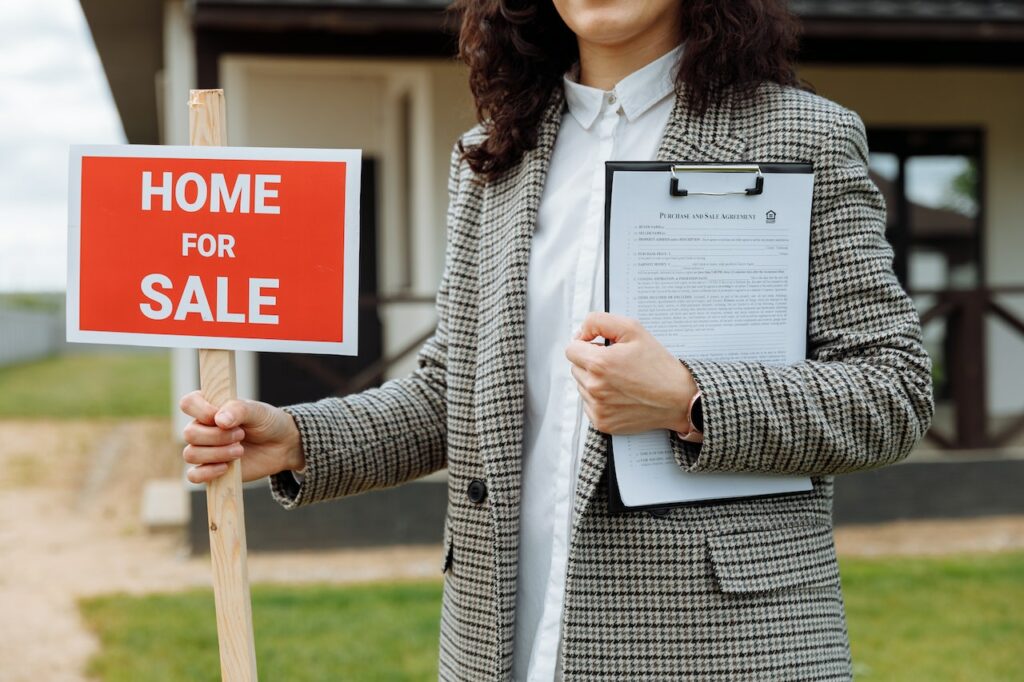
Understanding the Role and Requirements of Realtors

Realtor Fees and Commissions
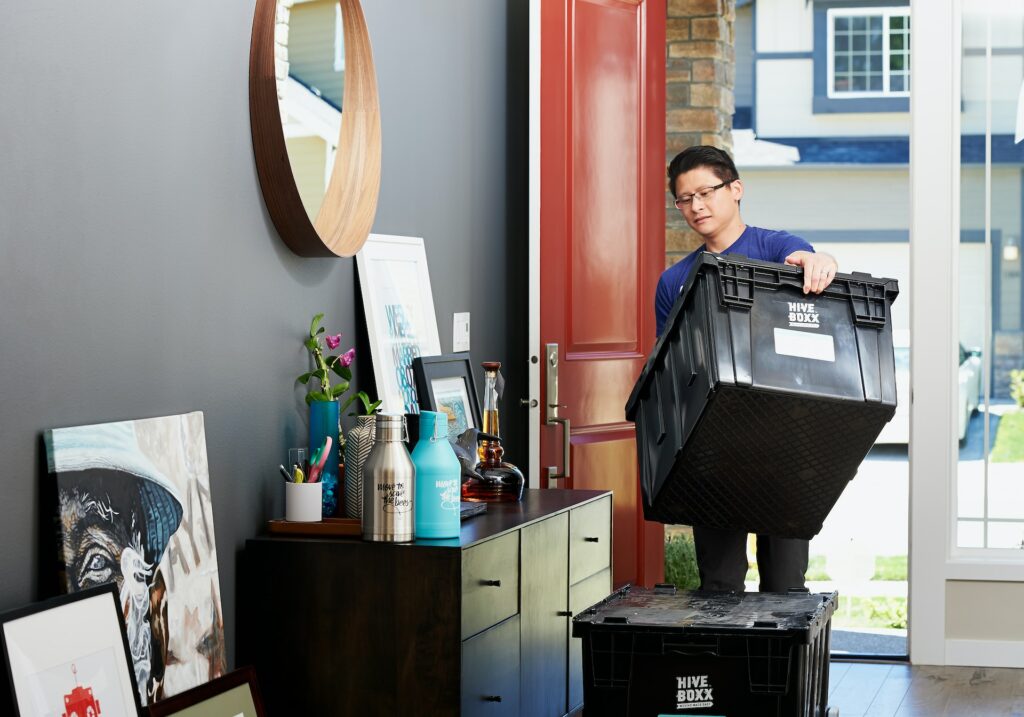
Relocation Information
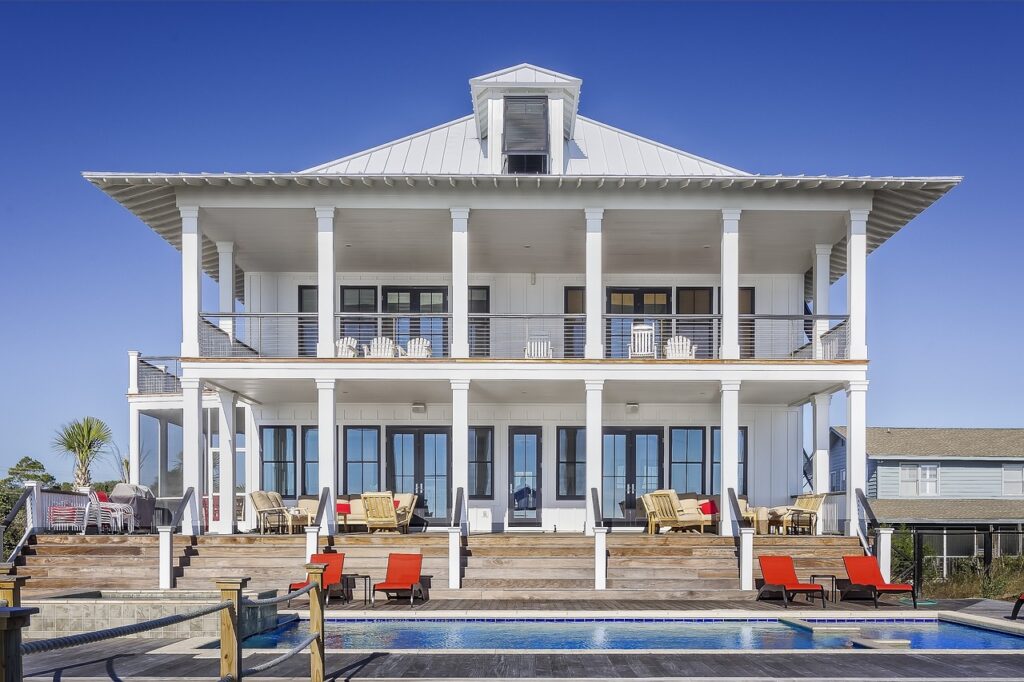
Luxury Property Sales and Marketing

Realtor Selection and Relationship – Forging a Winning Partnership

Navigating Property Matters During a Separation and Divorce
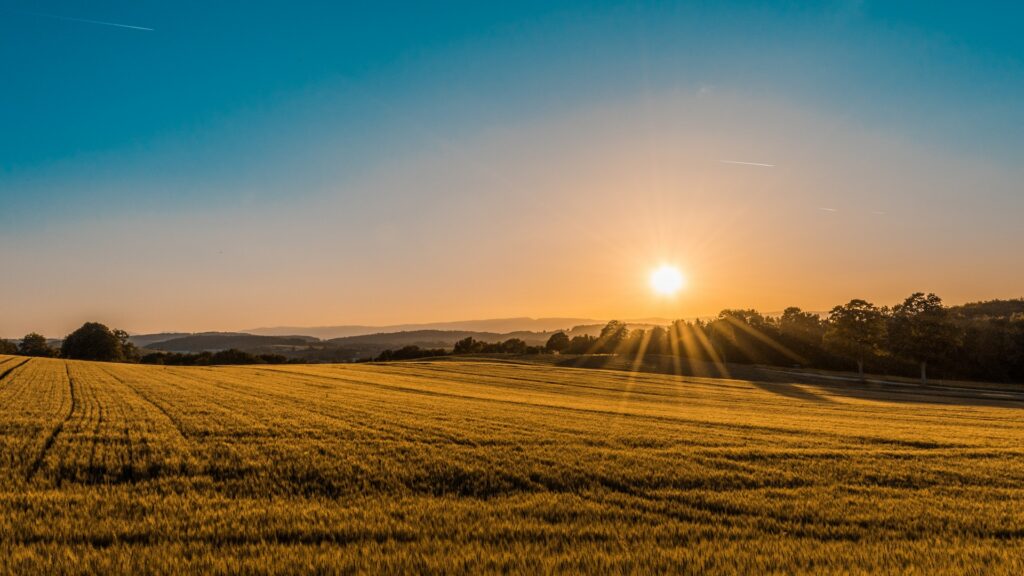
Maximizing Success in Rural Real Estate
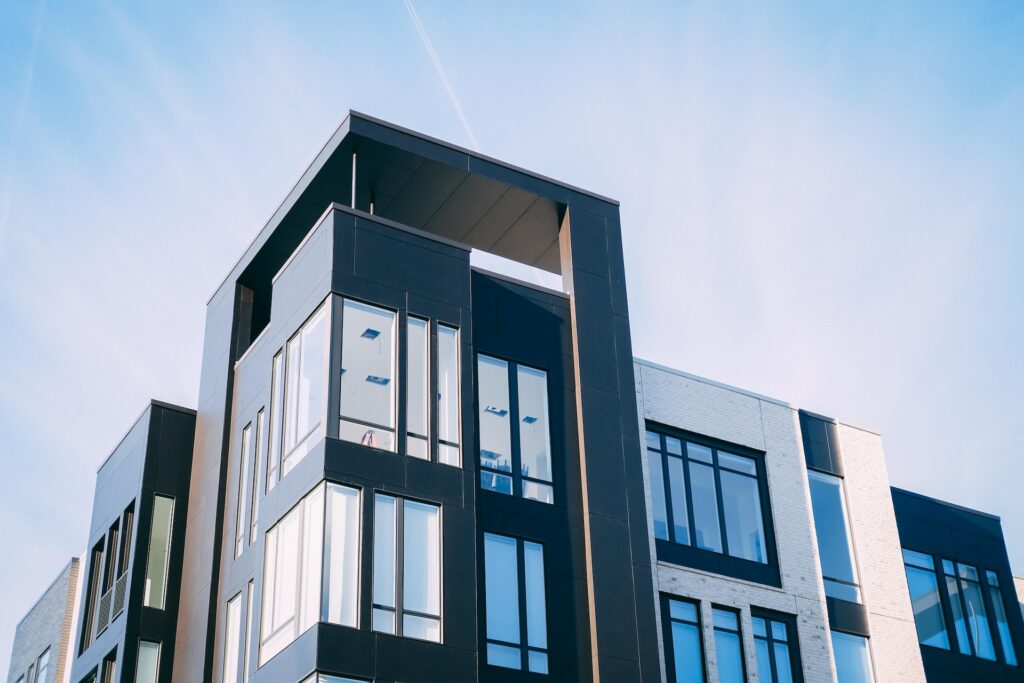
Understanding the Investment Property Market
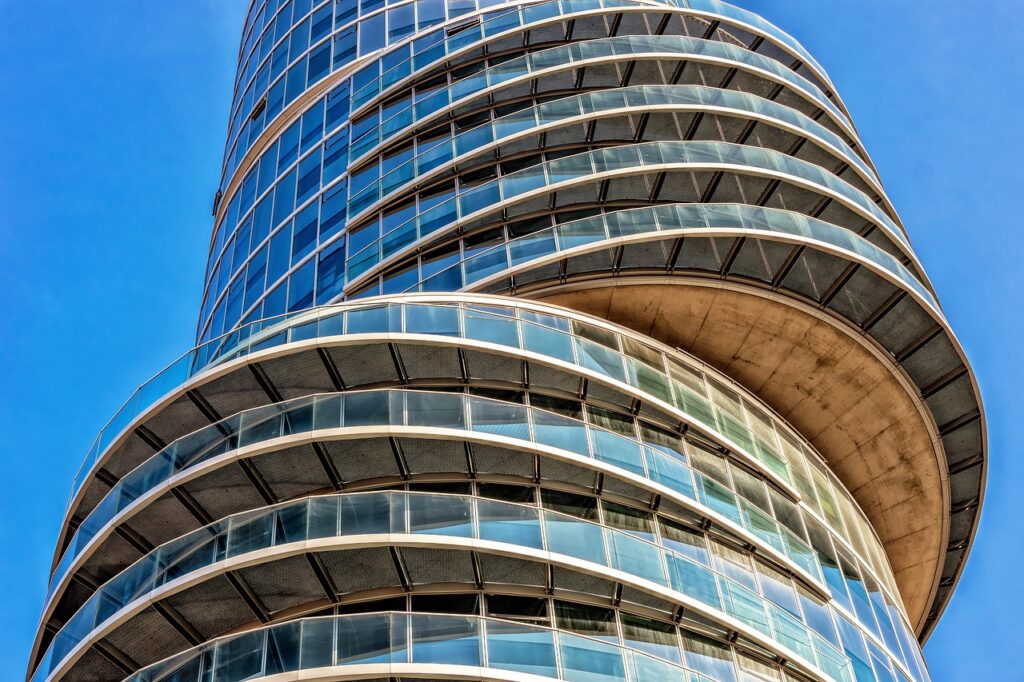
Maximizing Your Commercial Real Estate Success

Retirement, Helping You Find the Perfect Home for Your Golden Years
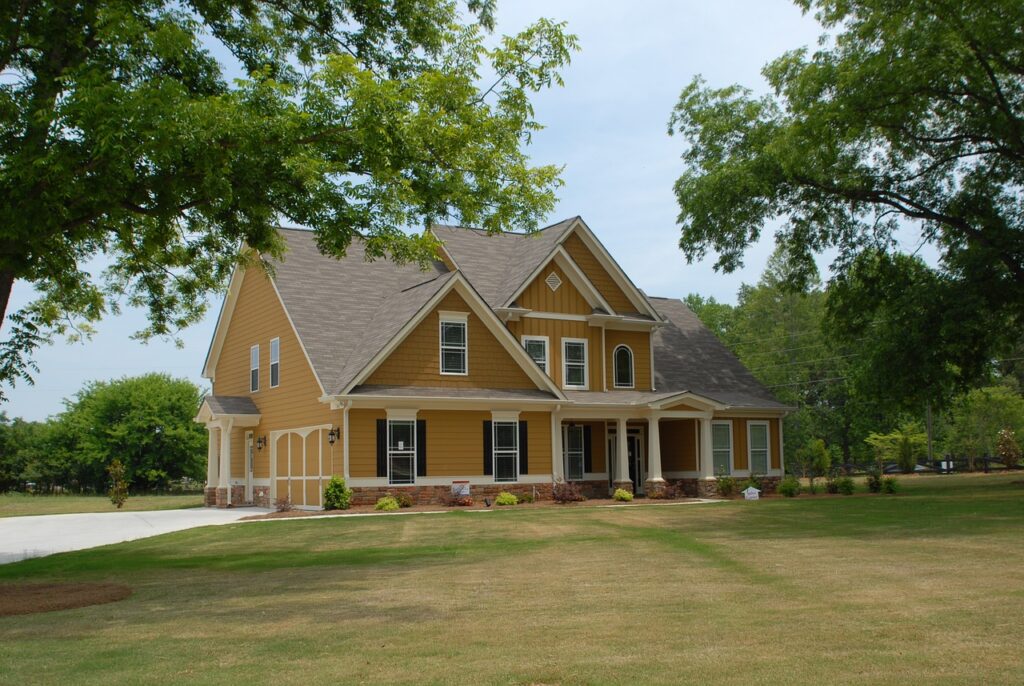
Estate Sale Experts Can Simplify Your Property Liquidation

First Time Homebuyer Real Estate Info
Latest Articles: Everything Real Estate

How to Test Home Air For Mold?
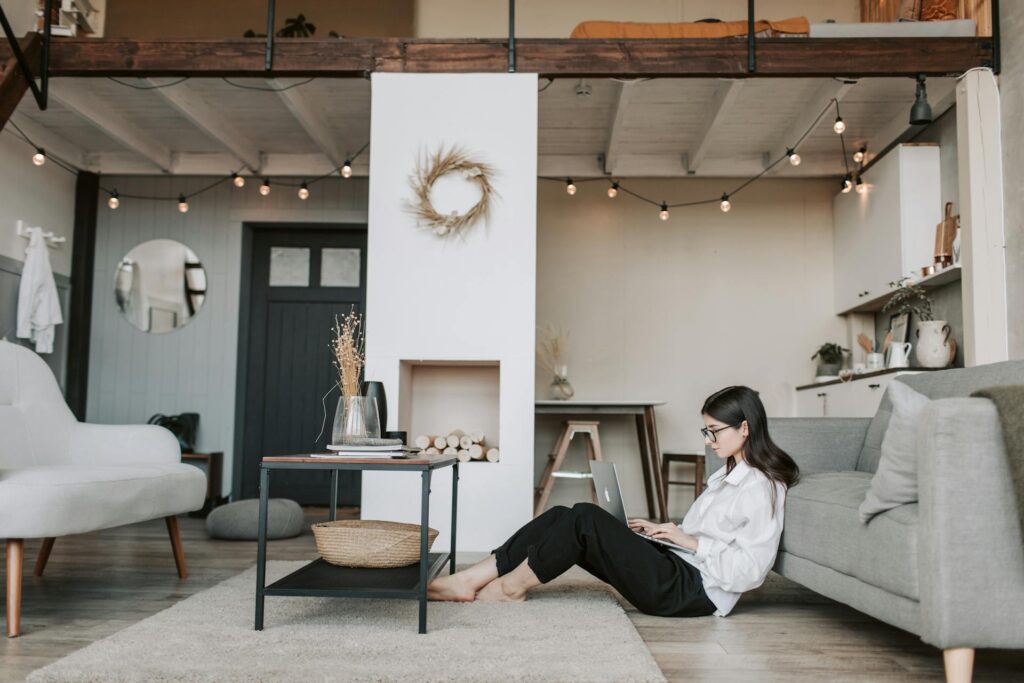
Why is My Indoor Air Quality So Bad?
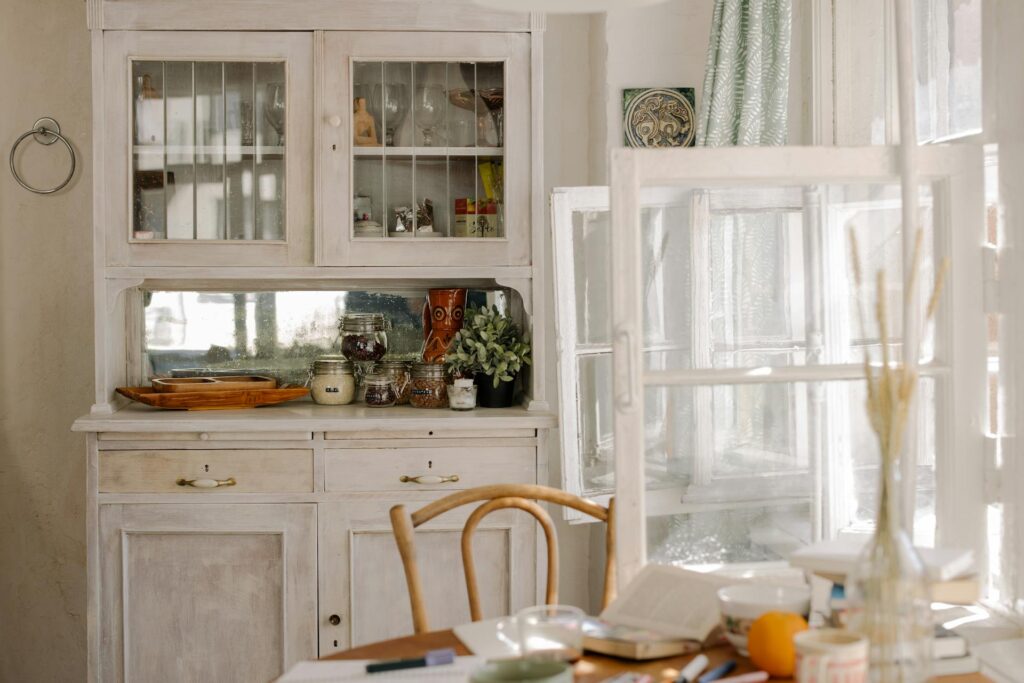
Does Opening Windows Help With Air Quality?
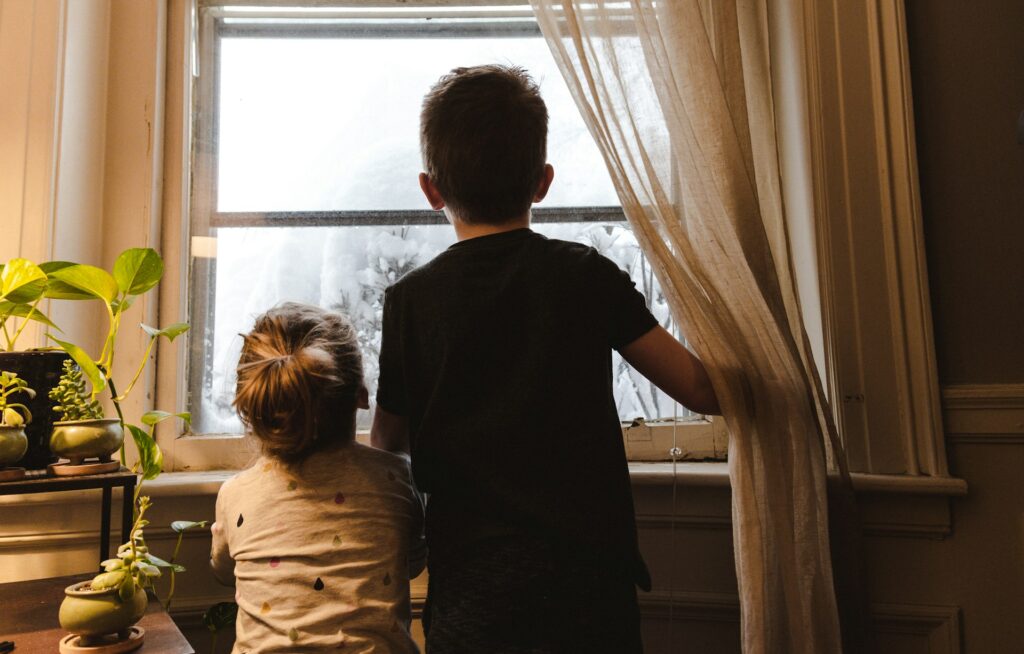
When Should I Be Worried About Air Quality?
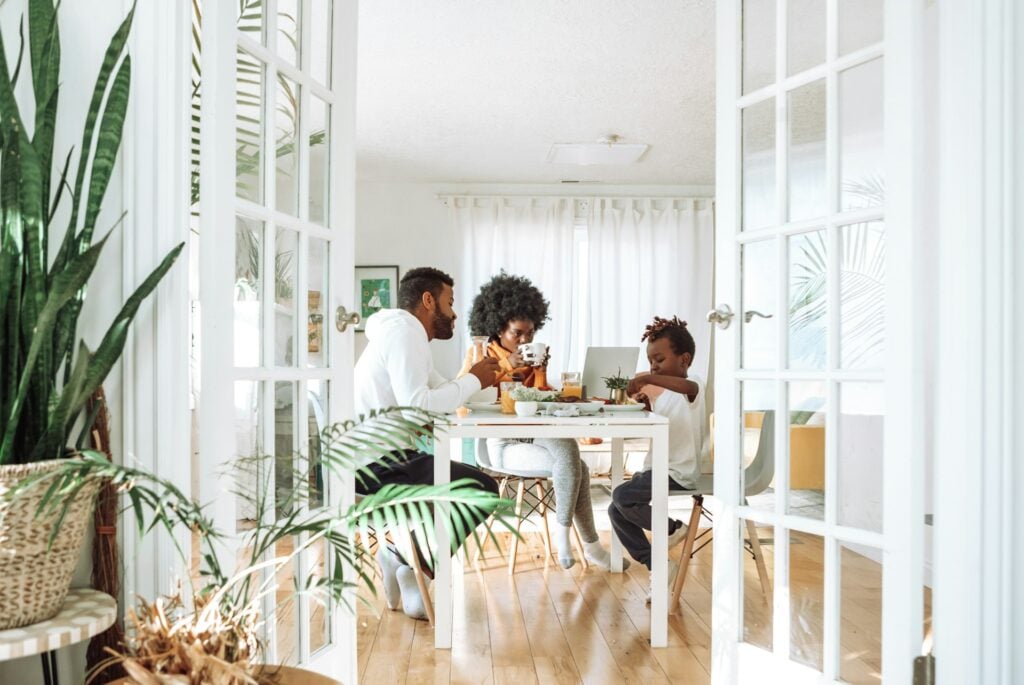
What is the Most Common Cause of Poor Indoor Air Quality?
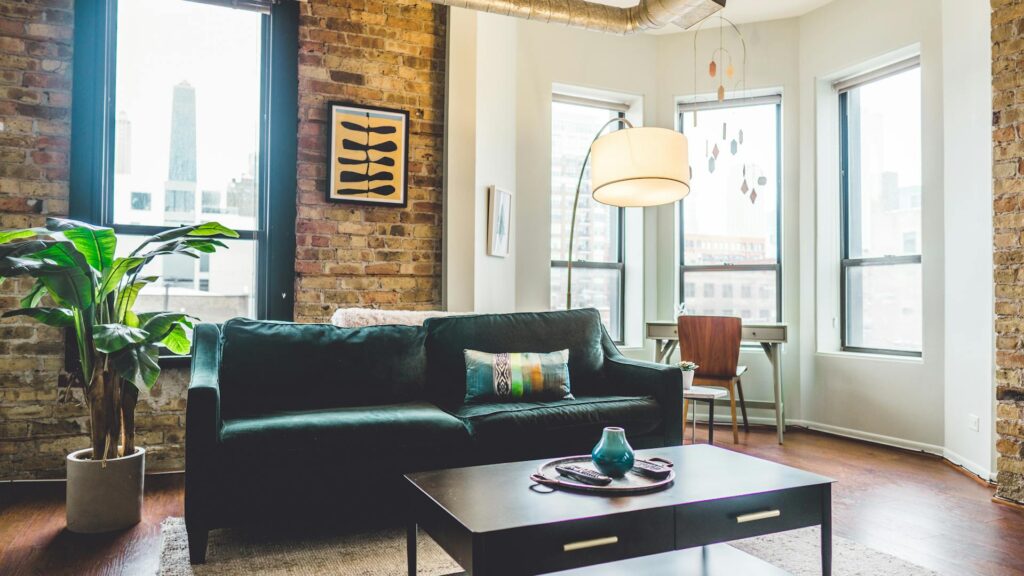
What Clears the Air in Your Home?

What are the Symptoms of Bad Indoor Air?

What are the Symptoms of Poor Air Quality in Your Home?
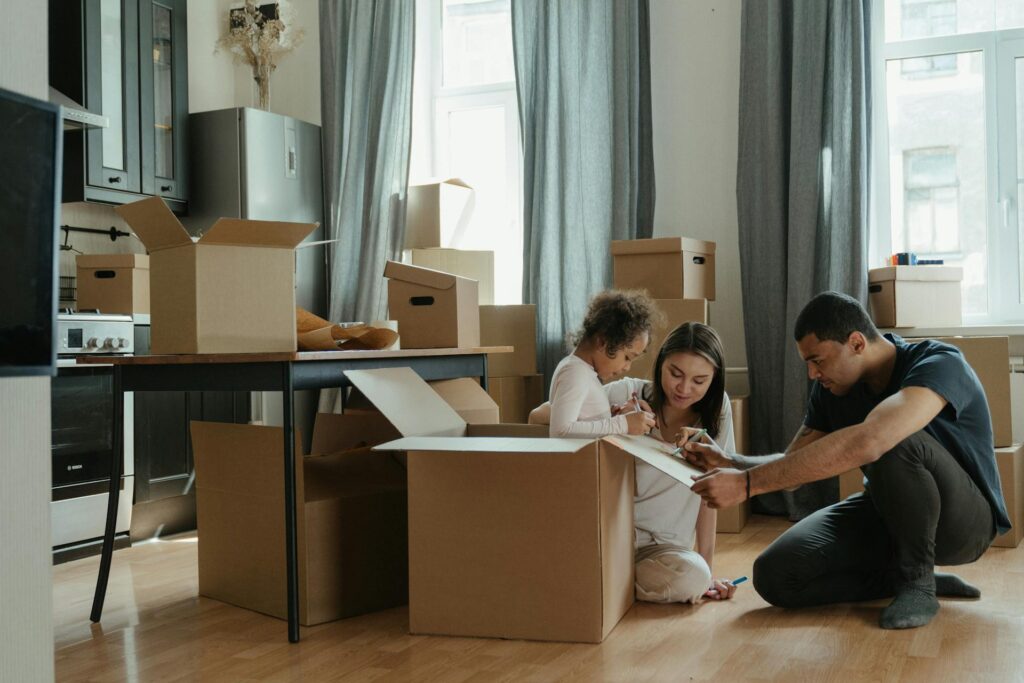
How to Purify Air in a House?
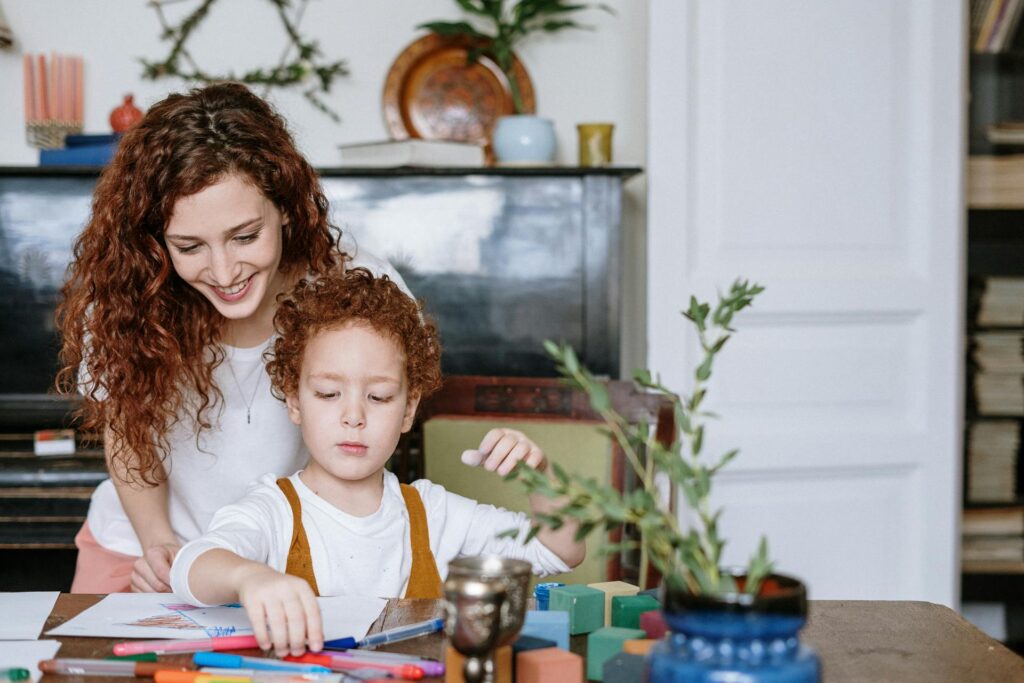
How to Test If Your House is Making You Sick At Home?

How to Improve Air Quality in a House?

How to Fix Poor Air Quality in House?
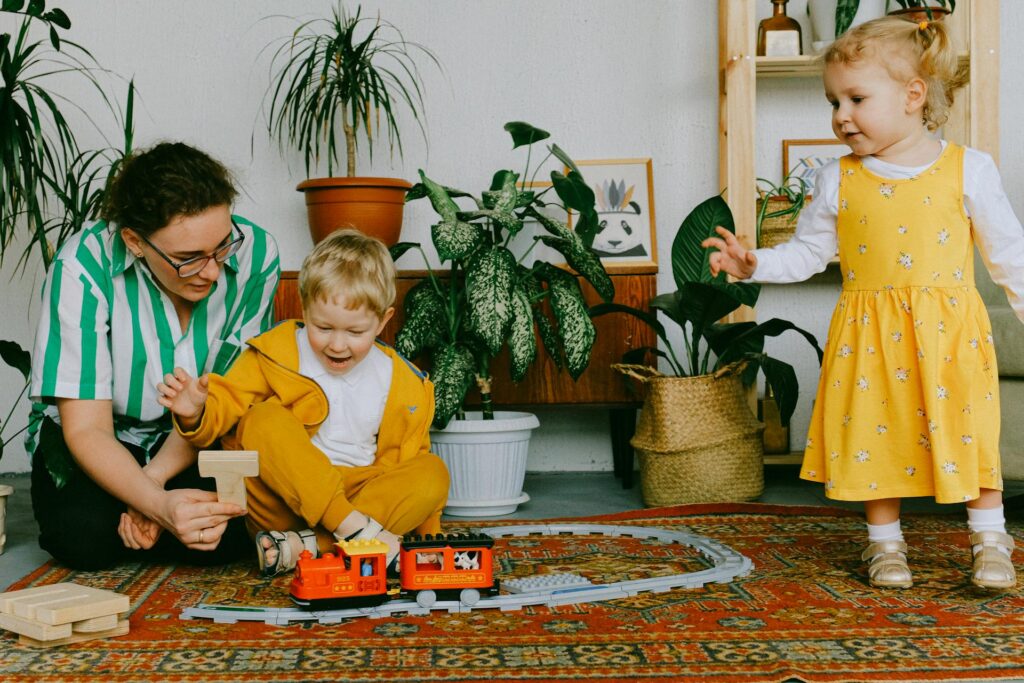
How Do You Know If Your House Air is Bad?

How Do I Detox the Air in My House?

How Do I Check the Air Quality in My Home?

Does Vacuuming Improve Air Quality?

Can Sleeping in a Dusty Room Make You Sick?

All About Home Air Quality

Can I Check Home Air Quality With My Phone?

Who Owns the House in a Common-Law Partnership?
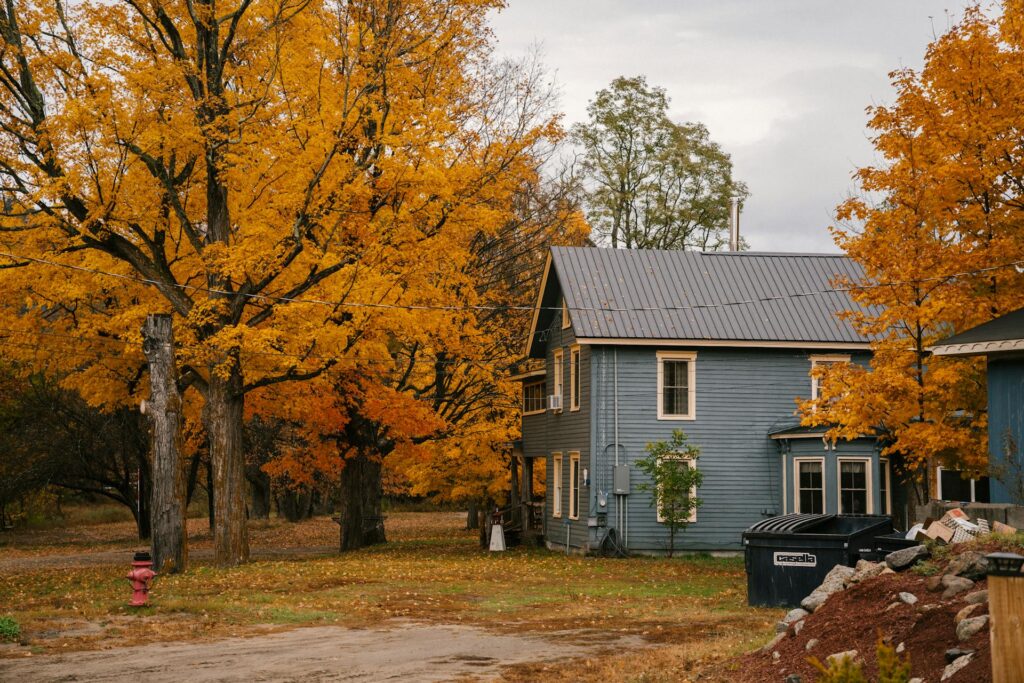
What Happens To the House When a Common-Law Spouse Dies?
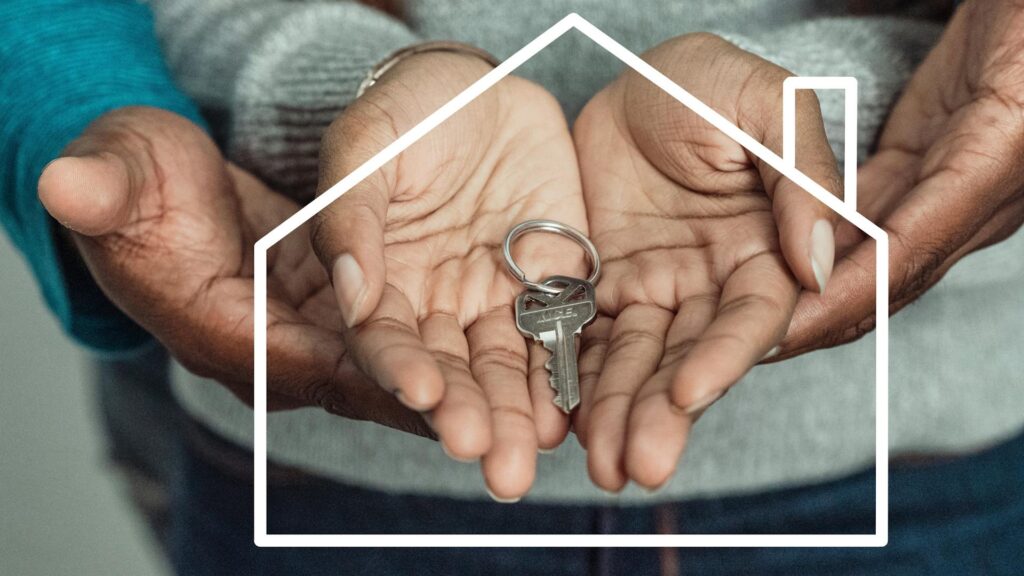
How Do You Buy a House With a Common-Law Partner?

How is Property Divided When a Common-Law Relationship Ends?
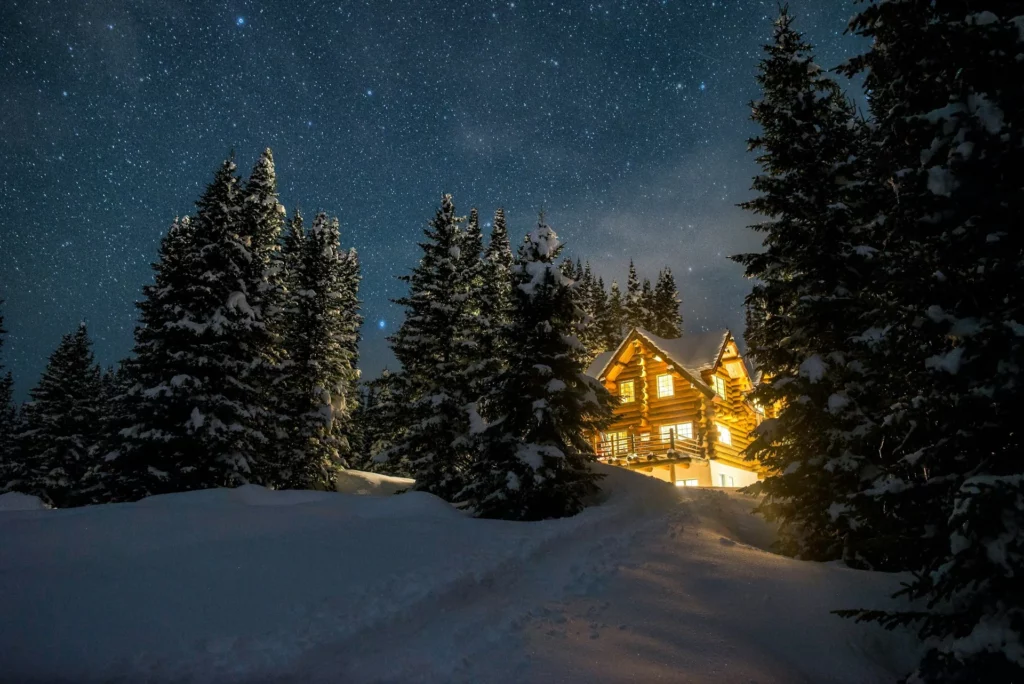
Do Common-Law Partners Have Rights To Property in Ontario?
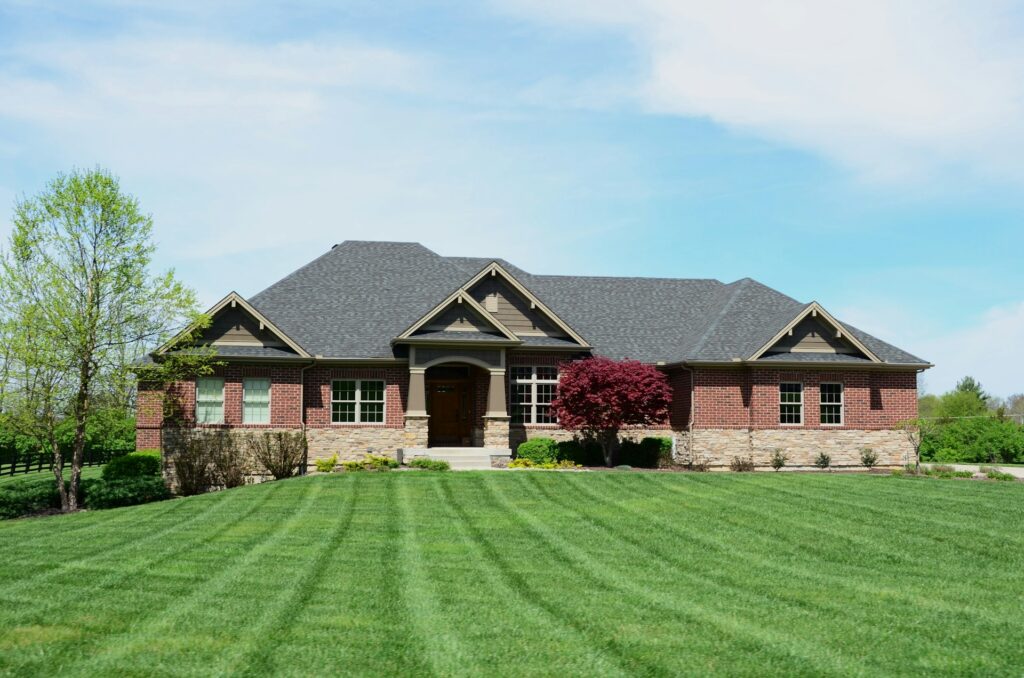
All About Common-Law Partners and Real Estate
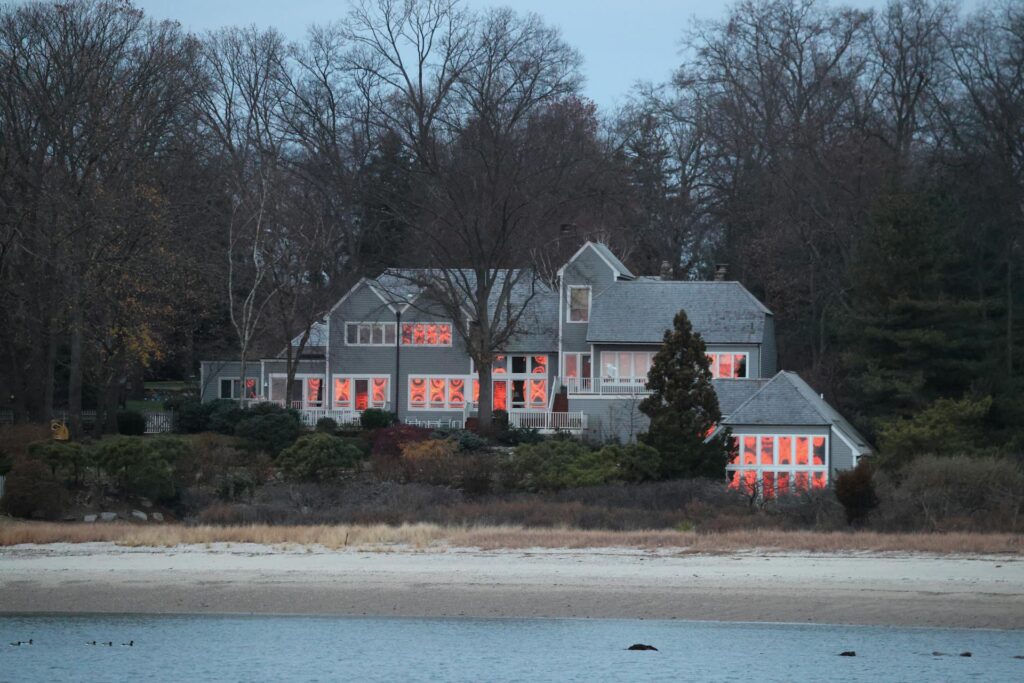
Will Houses Ever Be Affordable Again in Canada?
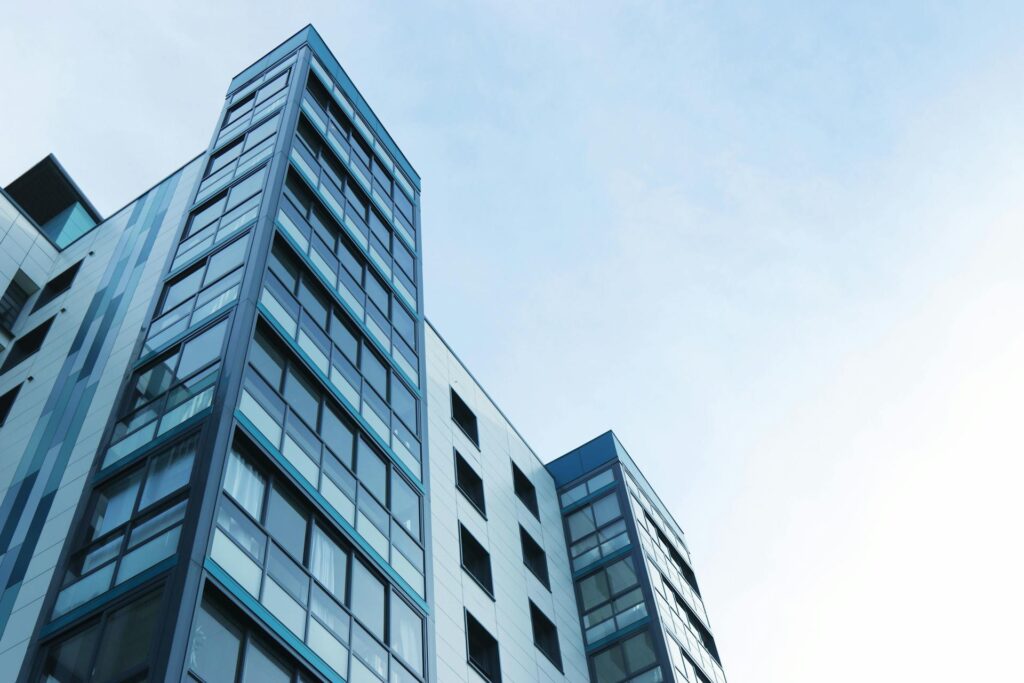
Why is Renting So Hard in Canada?
